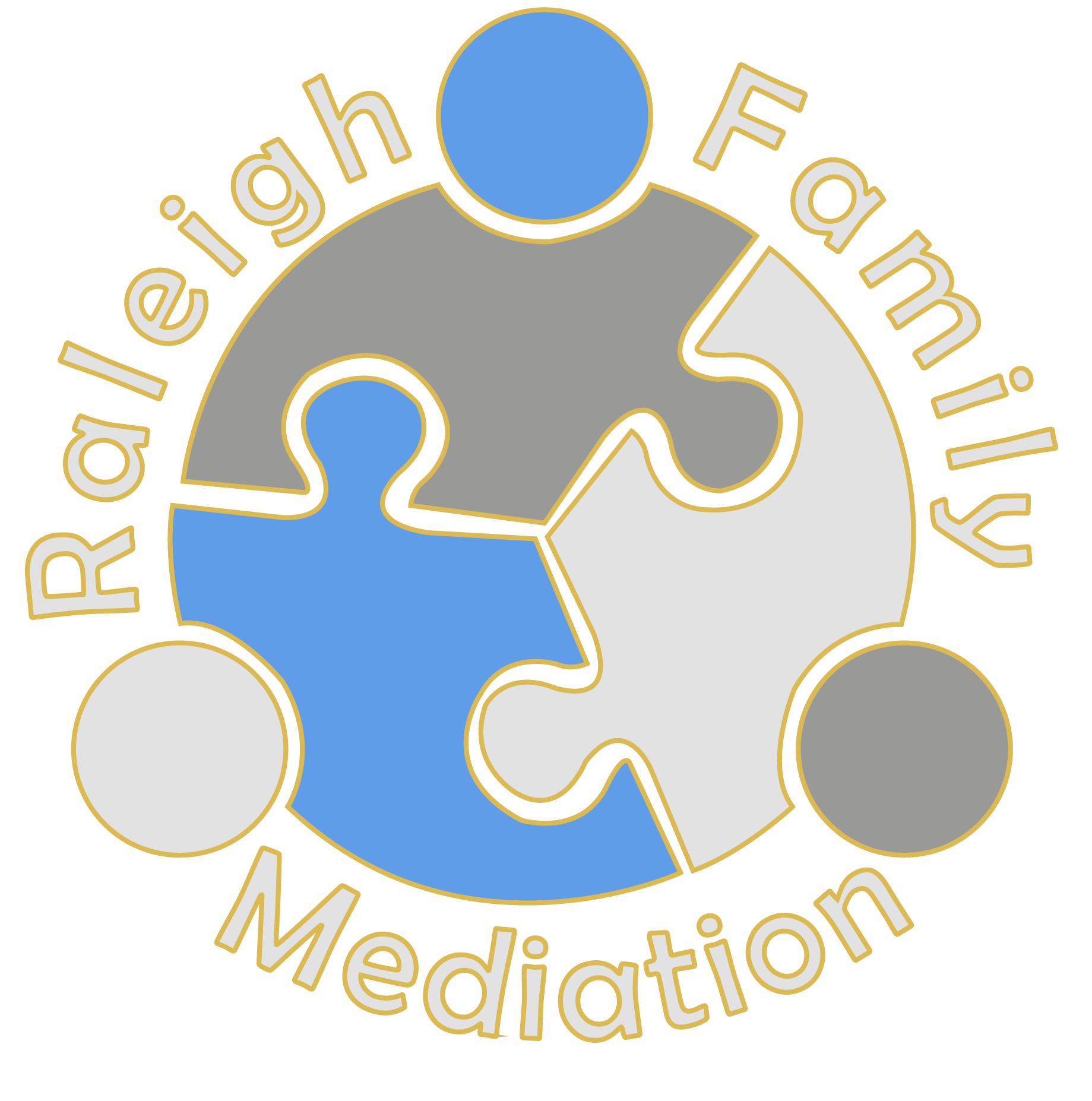By means of a Living Will you decide in advance what medical care and treatment you receive if you ever become unable to specify those wishes yourself. No one should be without a Living Will. Below are some frequently asked questions. I hope you find them helpful.
What is a "Living Will" or "Physician's Directive"?
A living will is a document that specifies to your doctor or other healthcare provider(s) whether you want life-sustaining treatments or procedures administered. Likewise, if you have a terminal, incurable condition or are in a persistent vegetative state, a living will adheres to your personal wishes over what medical treatments are administered. It is called a "living will" because it takes effect while you are still living.
Is a "Living Will" the same as a "Will" or "Living Trust"?
No. Wills and living trusts are financial documents that allow you to plan for the distribution of your assets and property after your death. A living will only deal with medical issues, namely life-sustaining treatments or procedures, while you are still living.
When does a North Carolina Living Will go into effect?
A North Carolina living will goes into effect when: 1) Your doctor has a copy of it, and 2) Your doctor has decided that you are no longer able to make your own health decisions, and 3) your doctor and another doctor have determined that you are in a terminal and incurable condition or a persistent vegetative state.
What are "life-sustaining" treatments?
These are treatments or procedures that are not expected to cure your terminal condition or make you better. They only prolong dying. Examples are mechanical respirators, which help you breathe, kidney dialysis, which clears your body of wastes, and cardiopulmonary resuscitation (CPR), which restores your heartbeat.
What is a "terminal and incurable" condition?
A terminal and incurable condition is defined as a condition for which the administration of medical treatment will only prolong the dying process, and without administration of these treatments or procedures, death will occur in a relatively short period of time.
What is a "persistent vegetative state"?
A persistent vegetative state means that a patient is in a permanent coma or state of unconsciousness caused by illness, injury, or disease. The patient is totally unaware of himself, his surroundings and environment and to a reasonable degree of medical certainty, there can be no recovery.
Is a Living Will the same as a "Do Not Resuscitate" (DNR) order?
No. A North Carolina living will covers almost all types of life-sustaining treatments and procedures. A DNR order is a document prepared by your doctor at your direction and placed in your medical records. It states that if you suffer cardiac arrest (your heart stops beating) or respiratory arrest (you stop breathing), your healthcare providers are not to try to revive you by any means.
Will I receive medication for pain?
Unless you state otherwise in the living will, medication for pain will be provided when appropriate to make you comfortable and will not be discontinued.
Can my doctor be sued or prosecuted for carrying out the provisions of a North Carolina Living Will?
No. The North Carolina Right to a Natural Death Act specifically states that the withholding or discontinuance of any extraordinary means of keeping a patient alive, or the withholding or discontinuance of artificial nutrition and hydration, shall not be considered the cause of death for any civil or criminal purpose, nor shall it be considered unprofessional conduct.
Does a North Carolina Living Will affect insurance?
No. The making of a living will, in accordance with North Carolina law, should not affect the sale or issuance of any life insurance policy, nor should it invalidate or change the terms of any insurance policy. In addition, the removal of life-support systems according to North Carolina law, shall not, for any purpose, constitute suicide, homicide, or euthanasia, nor shall it be deemed the cause of death for the purposes of insurance coverage.
Does a North Carolina Living Will have to be signed and witnessed?
Yes, you must sign (or have someone sign the document in your presence and at your direction if you are unable to sign) and date the living will. Then it must be witnessed by two qualified adults and be notarized by a Notary Public.
If you would like to sit down and discuss your need for the above described document, please contact us at (919) 424-8319.
DNR Order
A DNR order is issued by a patient's doctor stating that if the patient's heart should stop beating, or if the patient should stop breathing, no effort should be made to resuscitate him.
Generally, a doctor writes a DNR order for patients who are terminally and incurably ill, or in a persistent vegetative state, and who do not want their life needlessly prolonged by resuscitation efforts.
A living will is a patient's decision not to have his life prolonged by artificial means when there is no reasonable hope of recovery. Healthy people often have a living will because it allows them to make this decision in advance. The patient uses the living will to express his wishes about the end-of-life-care he wants.
A living will and a DNR order are different documents that can work together, but one is not dependent upon the other. Your living will may be honored even if there is no DNR order entered into your medical record. Typically, a DNR order is issued by the patient's doctor after it has been determined that the patient is dying or in a persistent vegetative state and the doctors have determined that a patient's living will should be honored. However, a patient does not need to have a living will before a DNR order may be entered, although having a living will may simplify the process of obtaining a DNR order.
A DNR order should be kept with the patient. If the patient is at home or in a nursing home, and his heart stops beating or he stops breathing, the DNR order will direct Emergency Medical Service (EMS) Personnel who are called not to resuscitate the patient. Of course, if the patient has a DNR order, EMS should not be called in the first place. However, family members sometimes panic and call for help when they see their loved one in distress. The DNR order helps make sure that the patient's wishes are honored.
If your heart stops beating or you stop breathing and EMS is called, they will resuscitate you if you do not have a DNR order. For many people, this is a good thing because they recover and go on to live long and productive lives. Unfortunately, some people may end up on life support systems with no reasonable hope of recovery, and their families may question why they were resuscitated. It is the duty of EMS to resuscitate patients whom they are called to help. Unless the patient has a DNR order, EMS must try to resuscitate the patient.
If You
or a
Loved One
would like to
sit down and discuss
the need for the above described
document(s),
please contact us at
(919) 424-8319.



